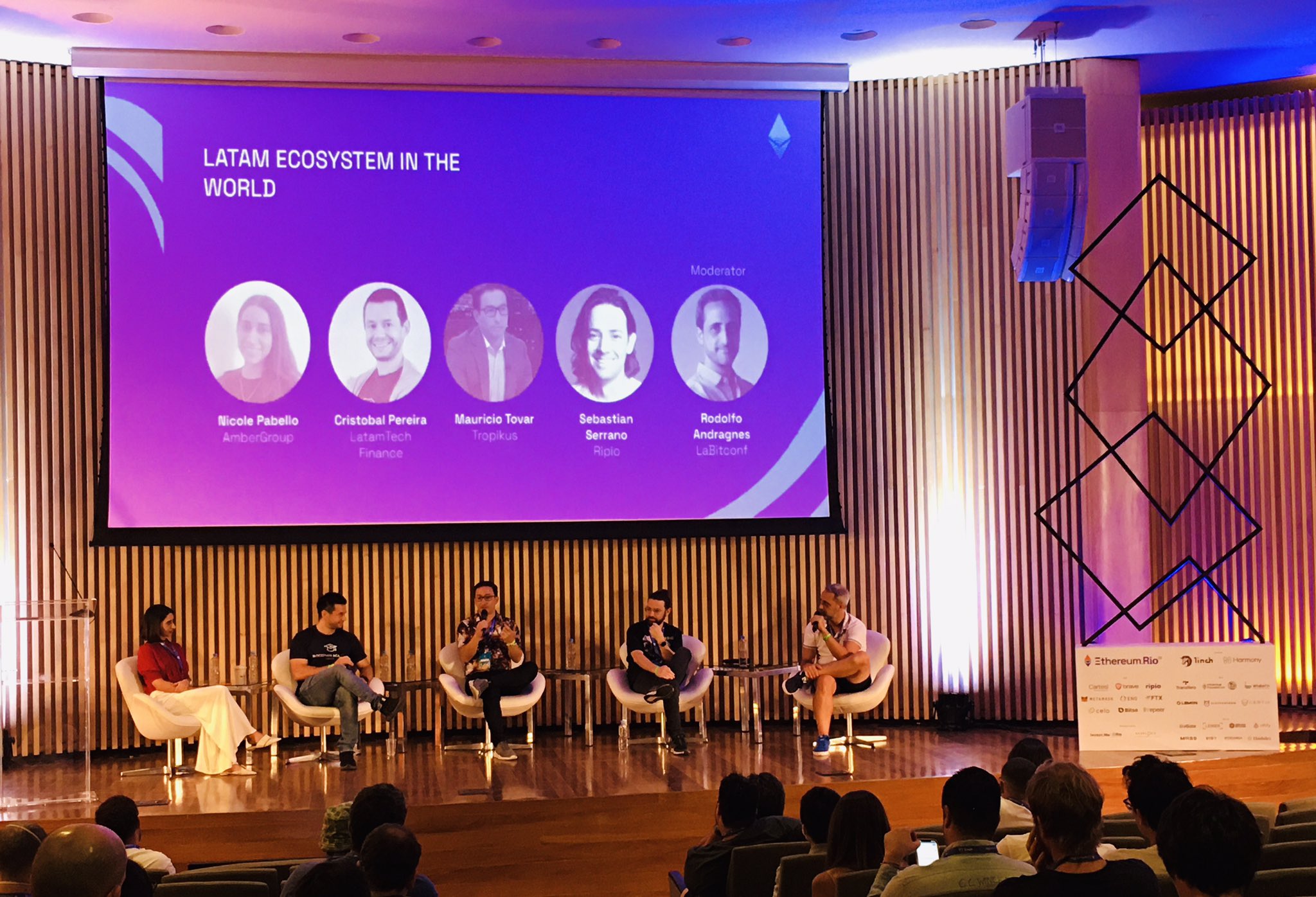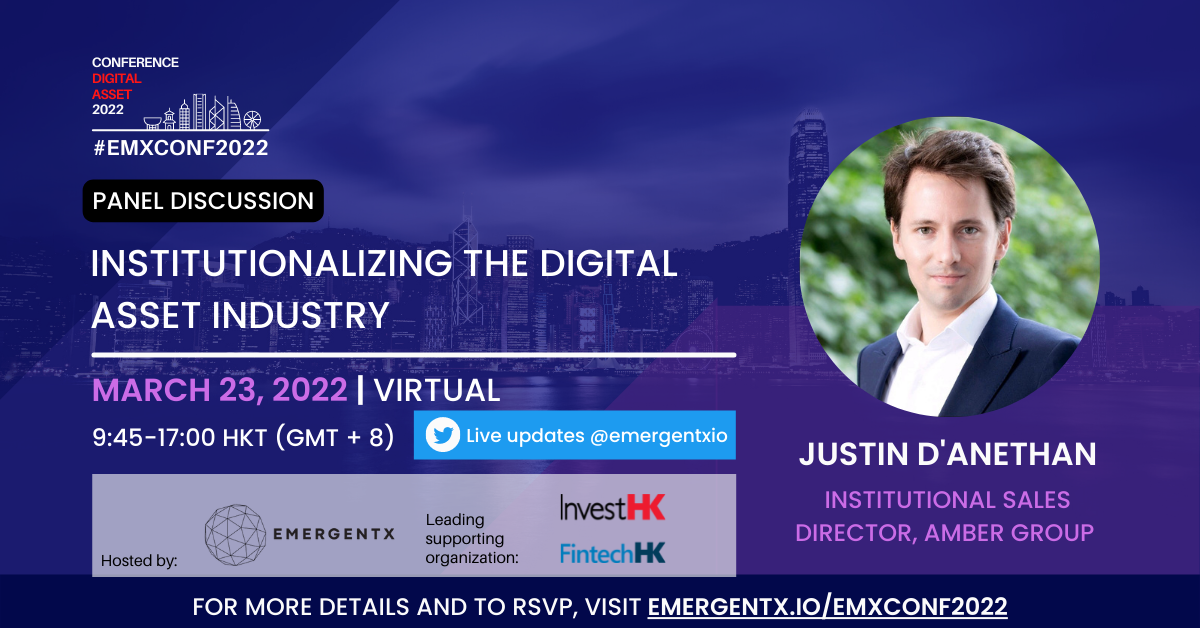The metaverse is coming, and it’s time we prepare ourselves for it.
You’ve probably heard all about the metaverse, a fascinating new realm where alternate digital realities, the actual world, and augmented reality collide. The term “metaverse” was first popularised by Neal Stephenson in a science fiction novel published in 1992. Today, the metaverse is no longer a sci-fi term but rather a broad term that encompasses a variety of virtual experiences, locations, and more. And when these new technologies are integrated, they provide us a glimpse of what the internet may become in the future.
Private non-censorable online worlds and virtual economies, such as the metaverse, are an exit from the eroding trust in conventional institutions, centralised corporations, and governments, just as Bitcoin is an exit from central banking and DeFi is an exit from legacy banking and high finance.
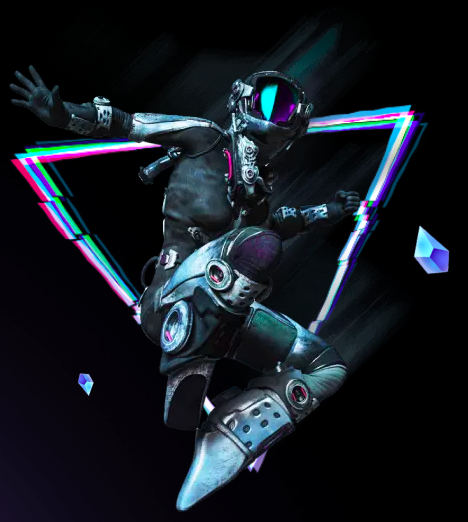 The metaverse, simply put, is a link between the physical and virtual worlds, and anything is possible in this new digital world. As more people spend time in such virtual environments, experts think the metaverse is set to transform how people engage in their daily lives, including how we work, buy things, and have social interactions. The metaverse today is simply a shared virtual space where people are represented by digital avatars. However, people will eventually be able to enter the metaverse, and our physical world will blend with the digital cosmos, thanks to new connectivity, gadgets, and technology.
The metaverse, simply put, is a link between the physical and virtual worlds, and anything is possible in this new digital world. As more people spend time in such virtual environments, experts think the metaverse is set to transform how people engage in their daily lives, including how we work, buy things, and have social interactions. The metaverse today is simply a shared virtual space where people are represented by digital avatars. However, people will eventually be able to enter the metaverse, and our physical world will blend with the digital cosmos, thanks to new connectivity, gadgets, and technology.
The metaverse is a successor to the internet, not merely an extension of it. And blockchain technology and decentralised apps play a major role in its development. Without a doubt, it is Gen Z that is bringing the metaverse to life. Gaming, blockchain, cryptos, NFTs, and everything in between have become commonplace among the younger generation. And the majority of them spend a significant amount of time playing multiplayer online games like Warcraft and Final Fantasy.
Several people consider blockchain gaming to be the prototype for an all-encompassing metaverse. And this isn’t surprising, considering how many of the metaverse’s principles have already been explored and adopted in blockchain gaming. In-game economies, in which players buy and trade goods, have long been popular in video games. The metaverse aims to bring together diverse in-game economies under one virtual experience umbrella.
Connecting the Metaverse with Our Reality with Cryptocurrencies
As the concept of metaverse increasingly evolves into a reality, there’s no doubt that there will be an increased demand to deliver permissionless identity, financial services, and high-speed exchange. Moreover, a massive amount of data will have to be stored, and the answer to these problems lies in cryptocurrency and the blockchain technology that underlies it.
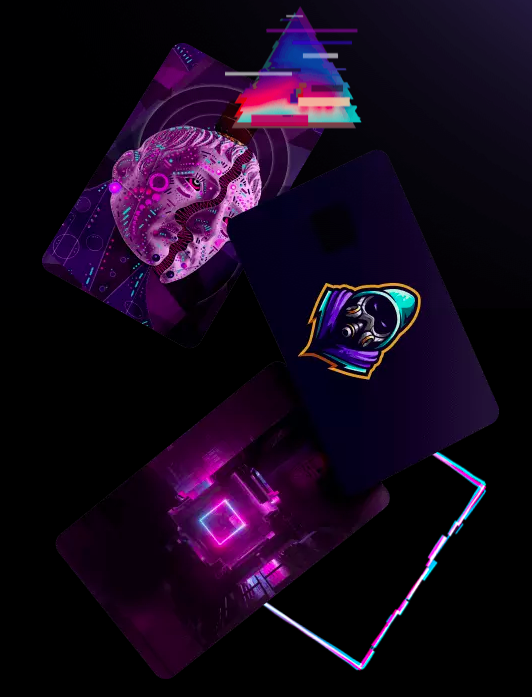 Blockchain technology is already being used to construct virtual economies by projects like The Sandbox, Decentraland, etc. Through these applications, gamers can construct and monetise structures like virtual casinos by using cryptocurrency. Cryptocurrencies could also potentially become the sole legal tender in the metaverse.
Blockchain technology is already being used to construct virtual economies by projects like The Sandbox, Decentraland, etc. Through these applications, gamers can construct and monetise structures like virtual casinos by using cryptocurrency. Cryptocurrencies could also potentially become the sole legal tender in the metaverse.
In essence, metaversed crypto allows for the merging of real-world and virtual assets in unimaginable ways. Game assets will now be cross-platform, real-world tradeable, and decentralised, allowing gamers to use them for revenue and other benefits across the metaverse.
Moreover, cryptographic protocols for managing digital value and identity in the form of personal avatars will be developed inside a decentralised and open-source virtual environment, and NFTs will facilitate this. From NFT crypto art to other digital collectibles, NFTs are all the rage today, and they play an important role in the metaverse.
Everything in the metaverse will very certainly need to be represented in some form. This also means that items in the metaverse must be capable of being owned, sold, and transferred. By allowing holders to achieve true ownership over digital items, metaverse in NFTs will play a vital role in providing individuals total ownership of their characters, collected in-game items, and even virtual land.
GameStar Exchange: Pioneering the Metaverse Through NFTs
The world’s leading decentralised P2P trading platform, GameStar Exchange is enabling the NFT and metaverse game item market through its unique offerings and tokenomics. On the GameStar platform, artists and game developers can broadcast upcoming auctions for their collections, while collectors can promote their requirements and sell corresponding work. Built on Polkadot, GameStar offers NFTs, game items, gift cards, and DeFi all through a single platform.
One of the most interesting features of GameStar exchange is the GMS token, the platform’s very own utility token. And this token is all set to revolutionise the future of NFT trading, while also pioneering the metaverse through NFTs. Not only does the GMS token provide liquidity for investors and operating funds for the company, but also reduces trading fees by up to 25%. The GMS token may also be used as a universal token among other gaming platforms as well.
GMS Token – Tokenomics
Token allocation of the GMS token is as follows.
- Seed – 2.40%
- Private A – 4.00%
- Private B – 3.60%
- IDO – 1.00%
- Team incentive – 15.00%
- Marketing and operations – 3.40%
- Liquidity – 0.06%
- Ecosystem – 60.00%
- DAO – 10.00%
Coming Soon: IDO Launch
GameStar Exchange IDO is all set to be launched on 27th October 2021 and will be launching on three dynamic platforms – DuckStarter, Lightning, and Polkaex. In the next few quarters, more important features and announcements are coming up, so make sure that you stay tuned.
To learn more about GameStar Exchange, click here. You can also follow GameStar on Twitter, Medium, and Telegram to stay updated.
Disclaimer: This is a sponsored post. Readers should do their own due diligence before taking any actions related to any company, product, or service mentioned in this article. BitcoinAfrica.io is not responsible, directly or indirectly, for any loss or damage caused by or in connection with the use of or reliance on any content, product, or service mentioned in this post.
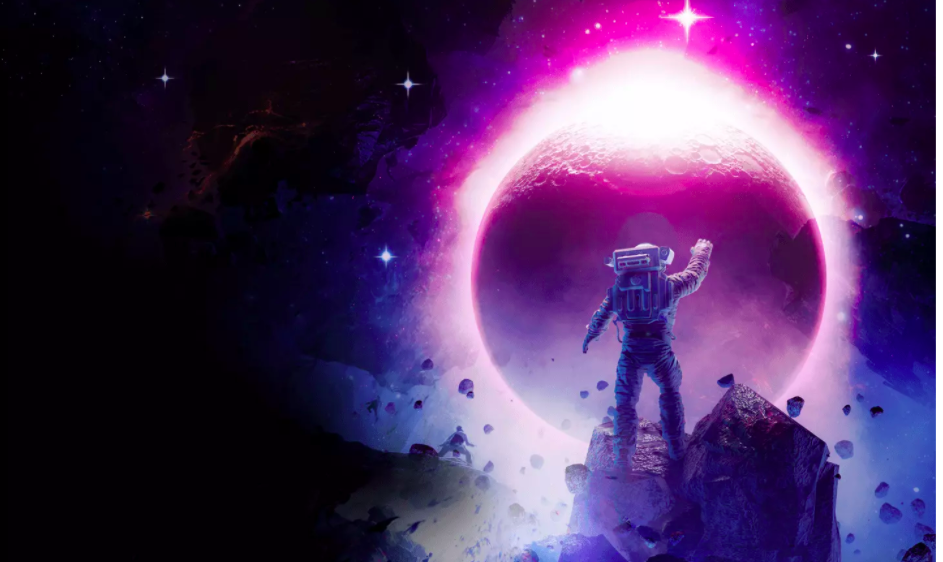

 Features3 years ago
Features3 years ago
 Bitcoin2 years ago
Bitcoin2 years ago
 Features3 years ago
Features3 years ago
 Features3 years ago
Features3 years ago
 Features3 years ago
Features3 years ago
 Features3 years ago
Features3 years ago
 Features8 months ago
Features8 months ago
 Bitcoin10 months ago
Bitcoin10 months ago
 The metaverse, simply put, is a link between the physical and virtual worlds, and anything is possible in this new digital world. As more people spend time in such virtual environments, experts think the metaverse is set to transform how people engage in their daily lives, including how we work, buy things, and have social interactions. The metaverse today is simply a shared virtual space where people are represented by digital avatars. However, people will eventually be able to enter the metaverse, and our physical world will blend with the digital cosmos, thanks to new connectivity, gadgets, and technology.
The metaverse, simply put, is a link between the physical and virtual worlds, and anything is possible in this new digital world. As more people spend time in such virtual environments, experts think the metaverse is set to transform how people engage in their daily lives, including how we work, buy things, and have social interactions. The metaverse today is simply a shared virtual space where people are represented by digital avatars. However, people will eventually be able to enter the metaverse, and our physical world will blend with the digital cosmos, thanks to new connectivity, gadgets, and technology. Blockchain technology is already being used to construct virtual economies by projects like The Sandbox, Decentraland, etc. Through these applications, gamers can construct and monetise structures like virtual casinos by using cryptocurrency. Cryptocurrencies could also potentially become the sole legal tender in the metaverse.
Blockchain technology is already being used to construct virtual economies by projects like The Sandbox, Decentraland, etc. Through these applications, gamers can construct and monetise structures like virtual casinos by using cryptocurrency. Cryptocurrencies could also potentially become the sole legal tender in the metaverse. 

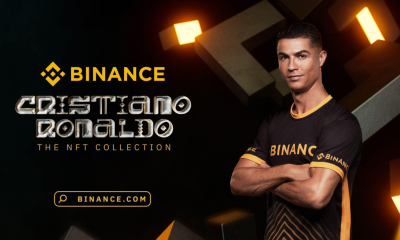



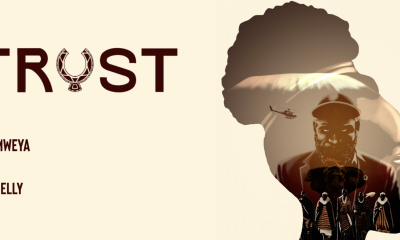

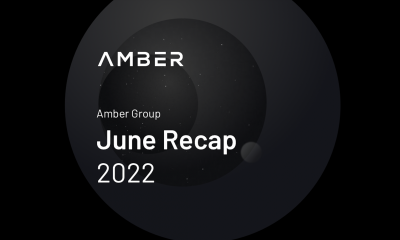

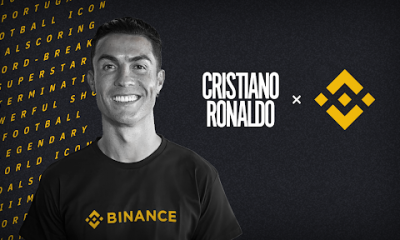


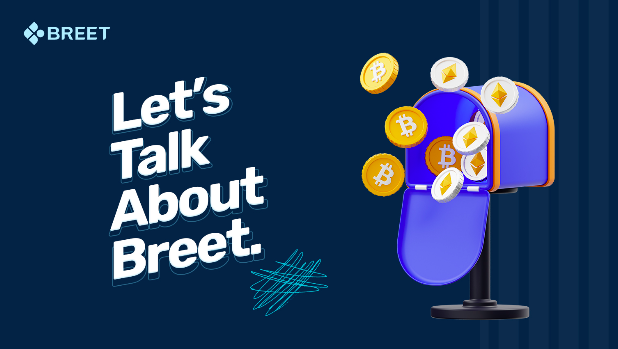
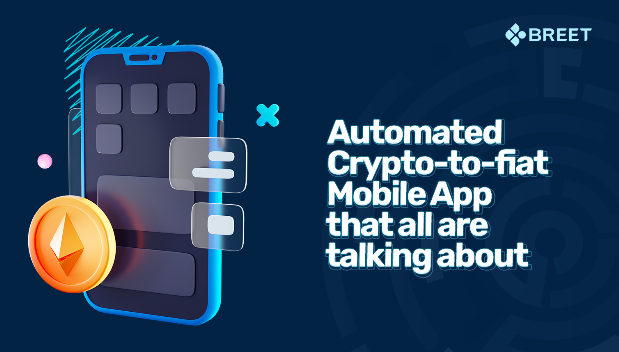

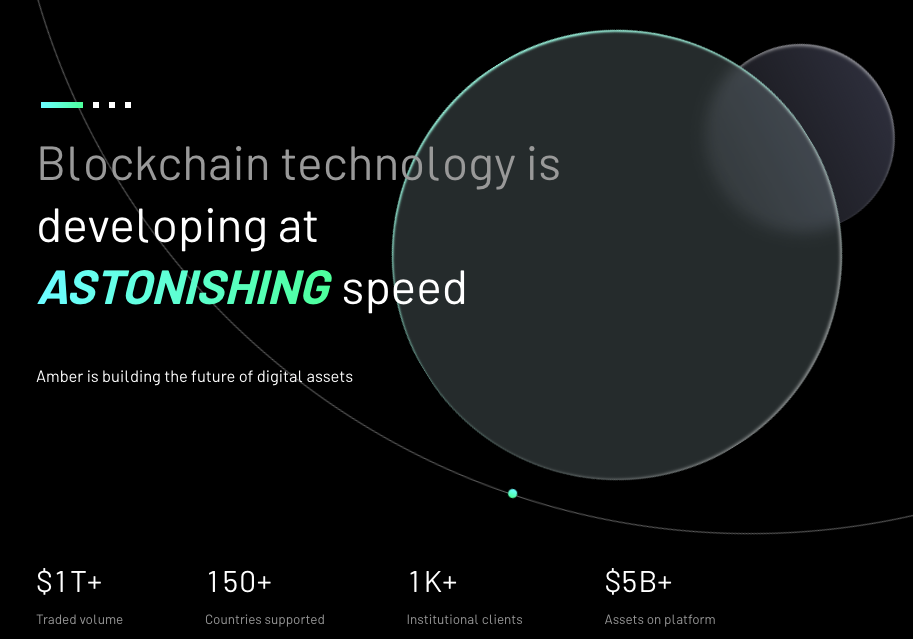
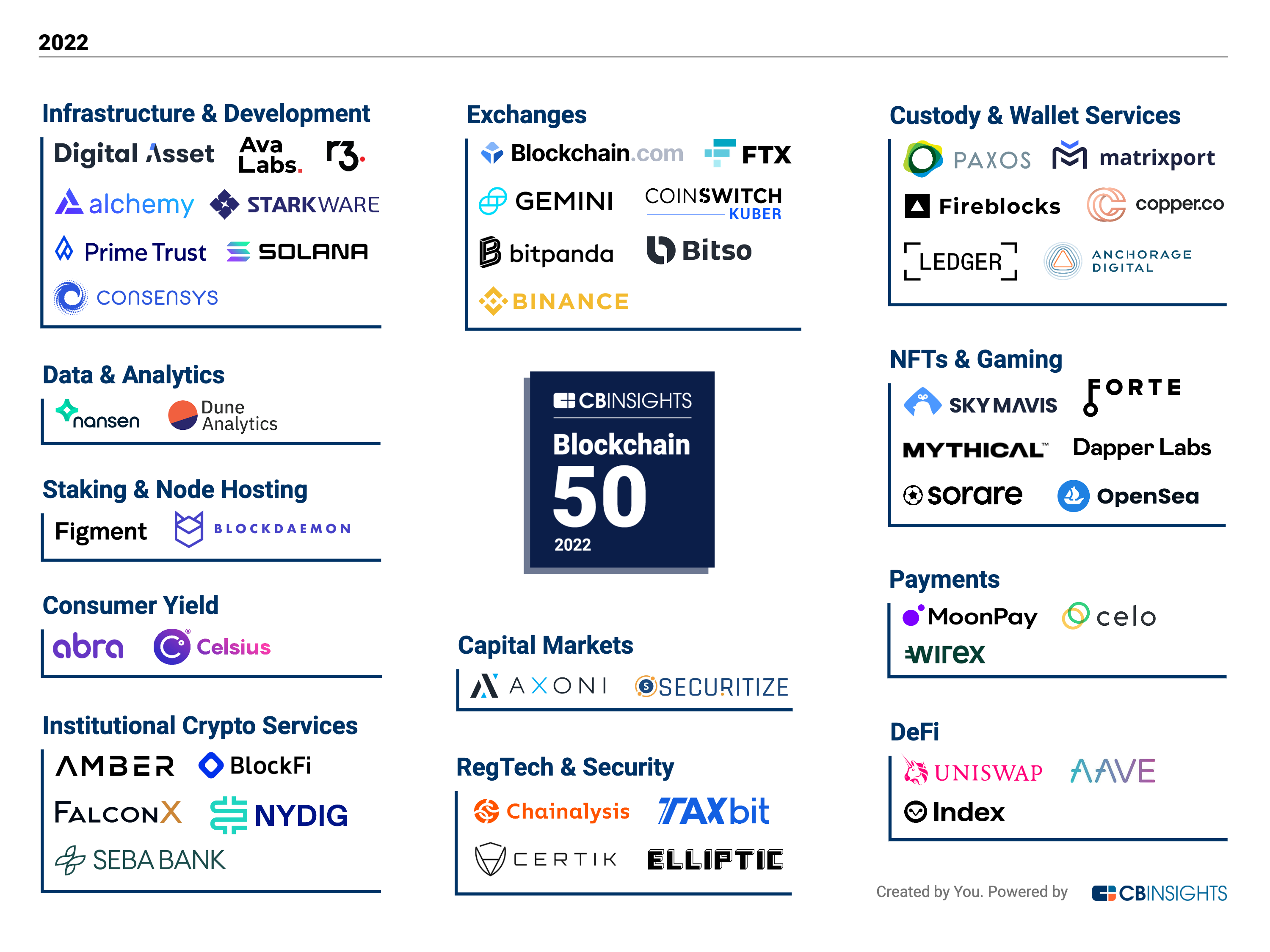
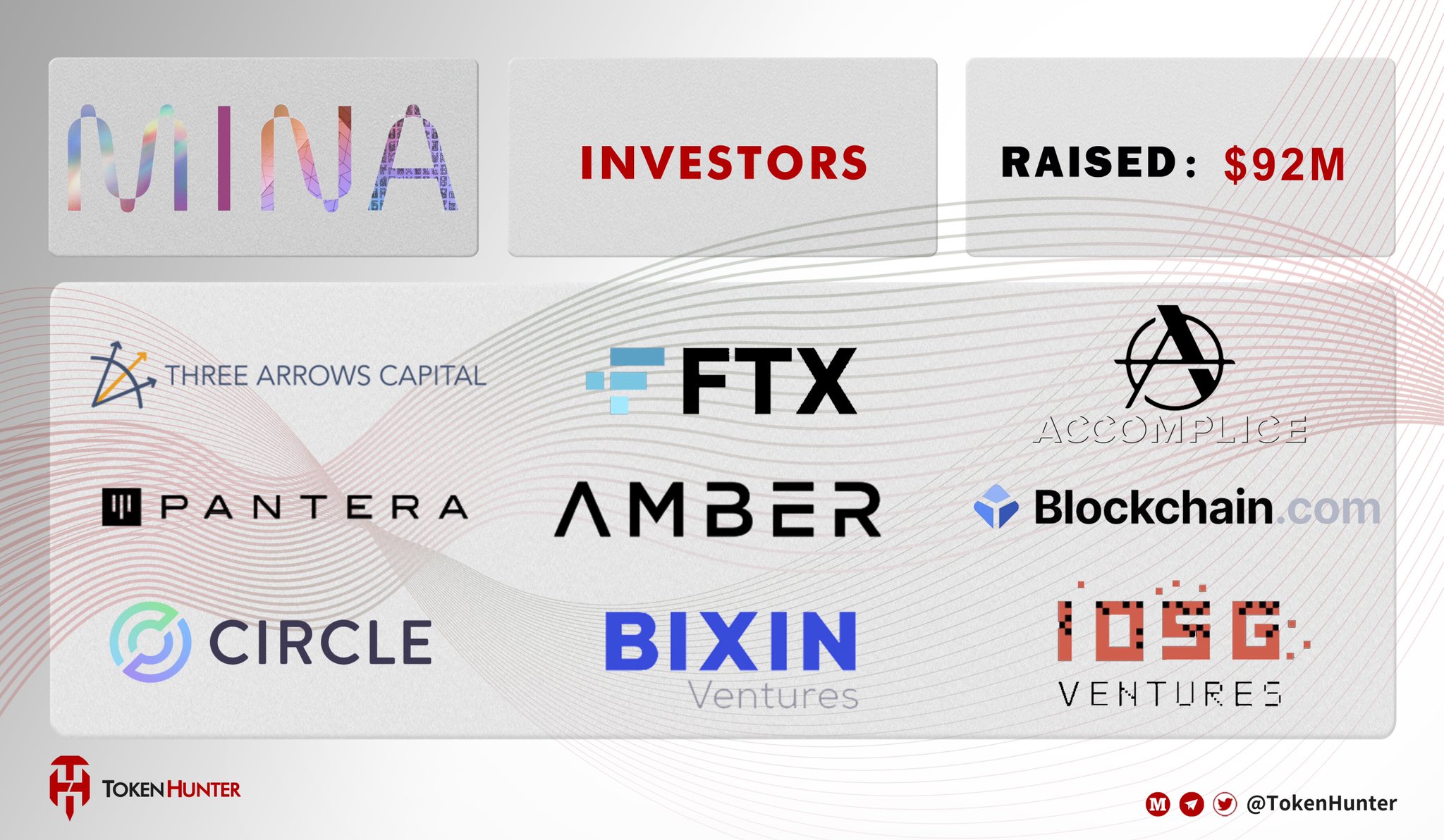

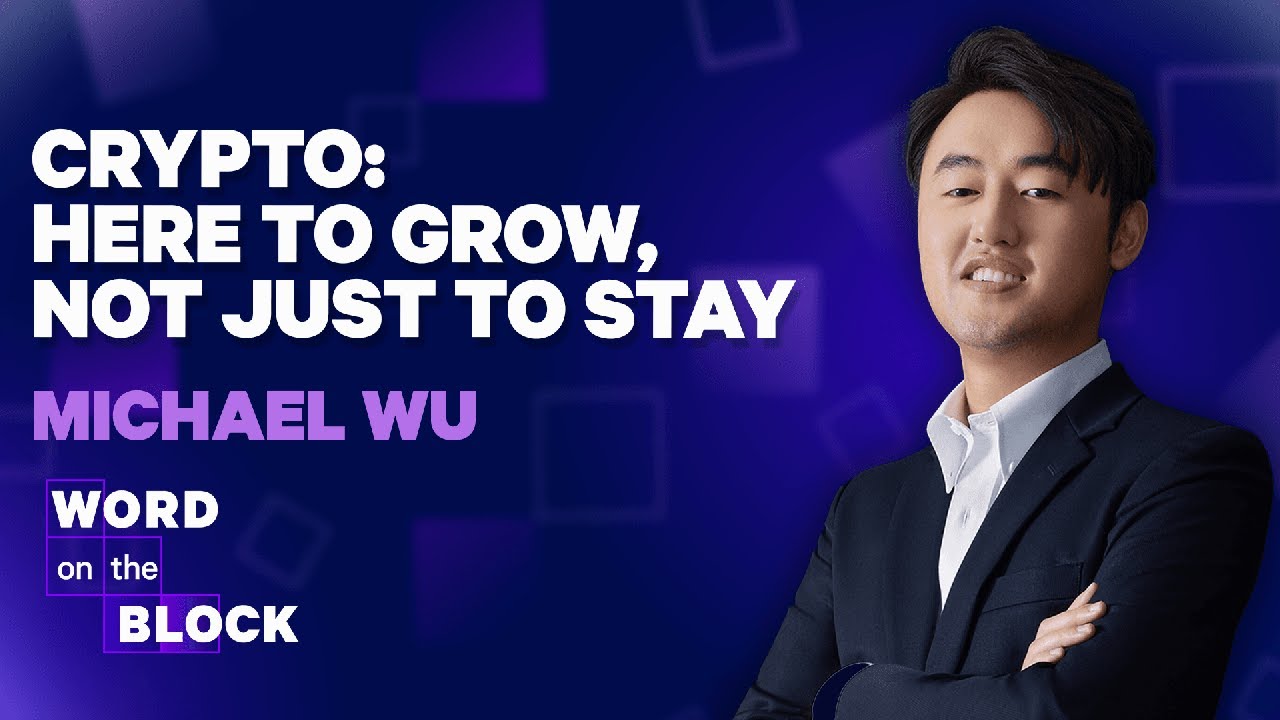
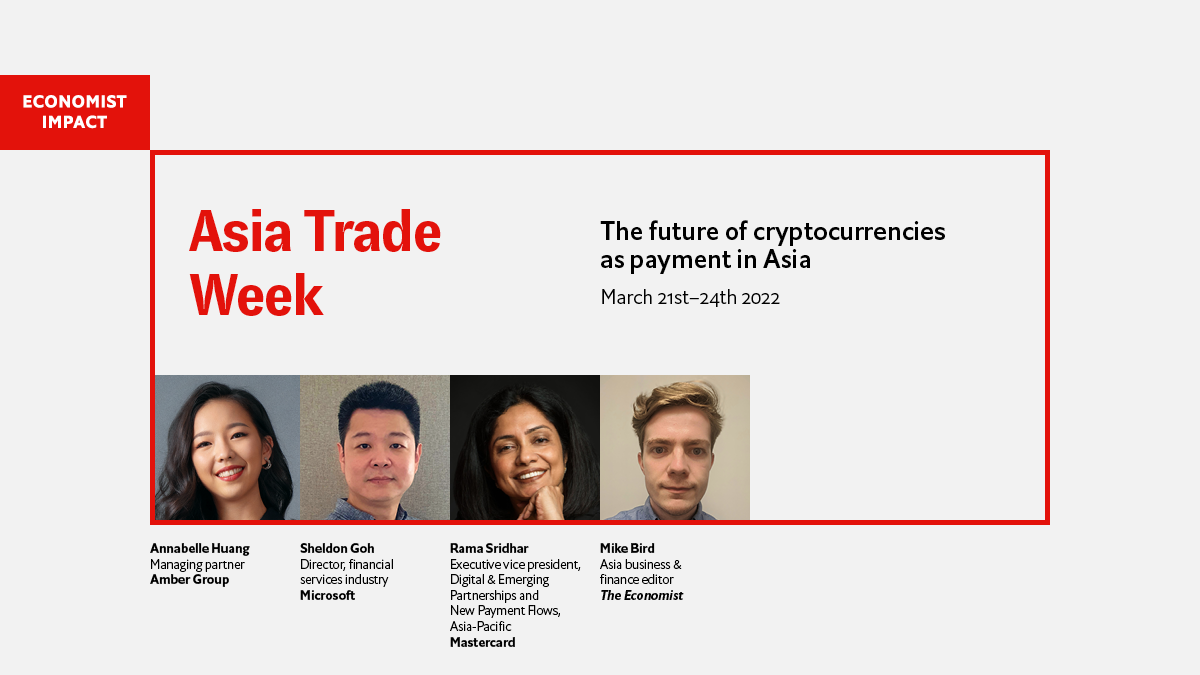
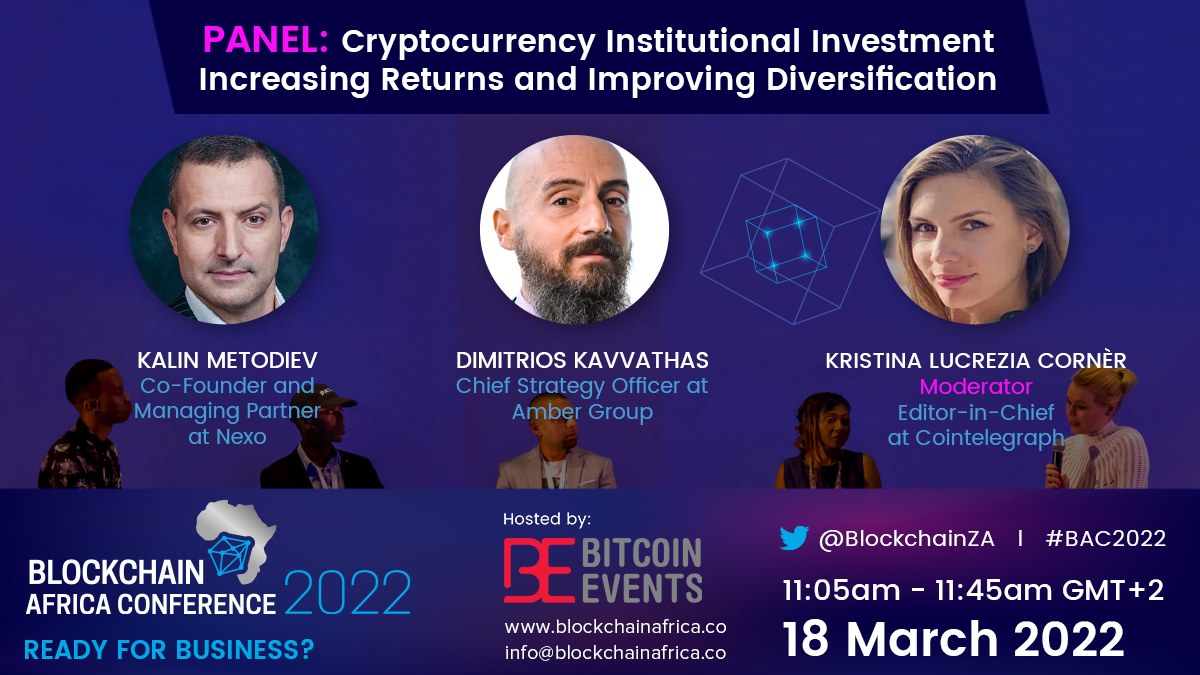
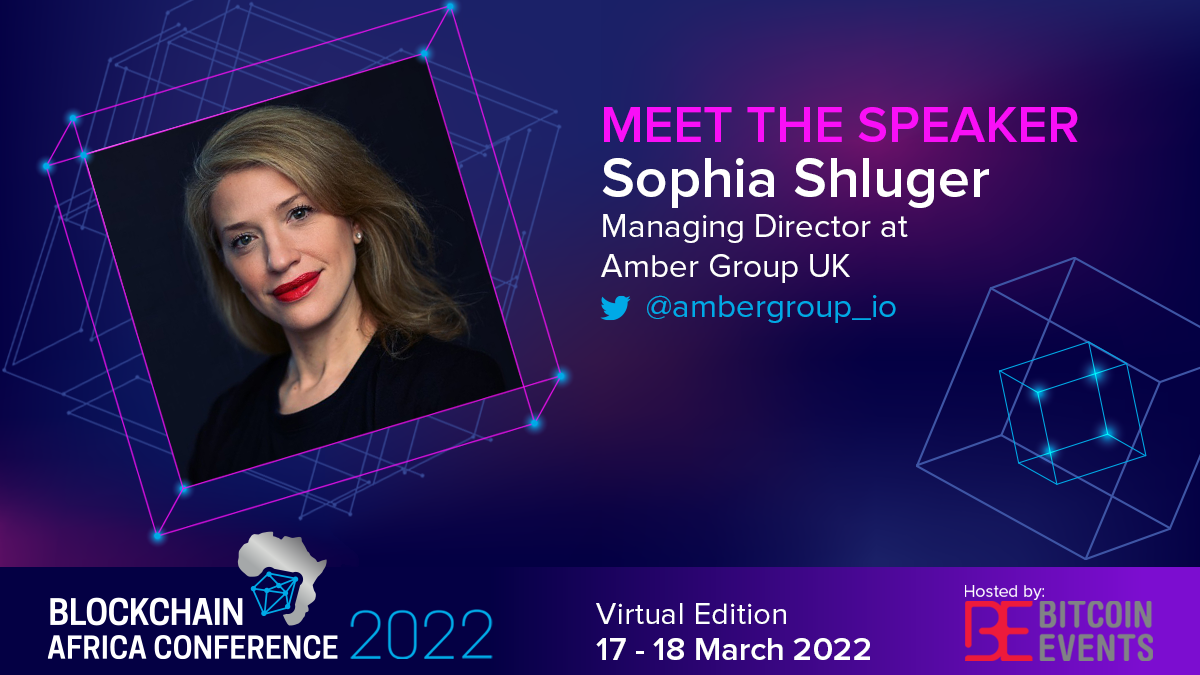 Rear
Rear